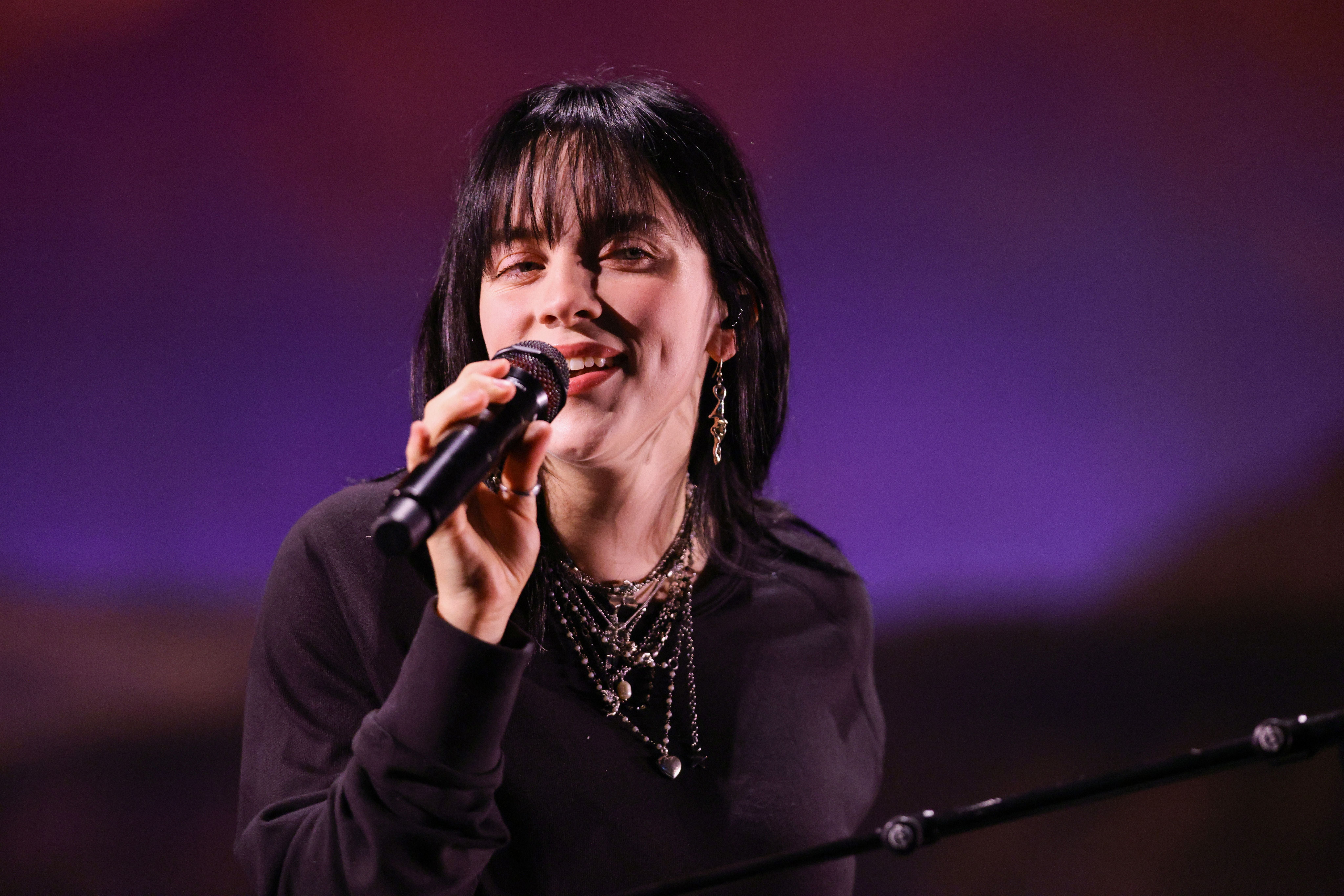
Shawn Mendes in 2022
(Picture: Getty Images)Canadian musician Shawn Mendes has cancelled his remaining tour dates to focus on his mental health.
In a statement shared on his Twitter Mendes said: “It has become more clear that I need to take the time that I have never taken personally, to ground myself and come back stronger. I have to put my health as my first priority. I will be back as soon as I have taken the right time to heal.”
The 23-year-old singer had 87 shows scheduled across Europe and the US over the next several months and had played just seven so far.
Most fans have rallied around the singer, with one, for example, Tweeting, “Can we start supporting mental health and begin to break down toxic male standards now?” and another saying, “Please take care of yourself! your mental and physical health is more important than tour.”
But Mendes’ move is not unique: his decision to postpone his tour now comes in a long line of musicians who have bowed out of playing live, citing their mental health.

In April, Little Simz cancelled her May 10-date tour saying, “Being an independent artist, I pay for everything encompassing my live performances out of my own pocket. Touring the US for a month would leave me in a huge deficit. As much as this pains me to not see you at this time, I’m just not able to put myself through that mental stress.”
In September 2021 Mike Patton pulled out of his forthcoming tour dates saying, “Sorry to report that due to mental health reasons, I cannot continue with the currently scheduled Faith No More and Mr. Bungle dates. I have issues that were exacerbated by the pandemic that are challenging me right now.”
Then in October 2021, Manchester band Doves also cancelled their tour dates for the sake of singer Jimi Goodwin’s mental health.
While mental health issues may have been amplified by the pandemic, musicians – many of whom are notorious (and adored) for their rock‘n’roll lifestyles – have had a complicated relationship with touring for decades.
“It’s kind of a crazy thing that a human does, touring,” explained Billie Eilish in a June 2022 interview with The Sunday Times. “It is so unnatural for us as people to have such high highs and such low lows. It feels like a blur. It’s like you’re living five different lives at once, bonkers but amazing.”

Metallica also cancelled some headline dates in 2020 citing frontman James Hetfield’s mental health: “The reality is that I have not prioritised my health in the past year of touring and I now know that my mental health comes first,” explained Hetfield.
In 2019, Summer Walker said she would only play nine of the 29 gigs on her US tour saying, “I’m not going to be able to finish this tour because it doesn’t really coexist with my social anxiety and my introverted personality.”
Similarly, in 2019 American experimental band Xiu Xiu cancelled their tour citing mental health issues, as did Australian DJ Alison Wonderland. In 2015 Zayn Malik also pulled out of One Direction’s Asian tour. At the time a source said: “Zayn went because he’d had enough. Have you ever been on the road for four years?”
So what’s happening? Is this the start of a new kind of rock‘n’roll, where musicians feel freer to openly admit to the tolls of touring, prioritising their long-term health? And is it a reflection of a wider societal move to become more accepting of mental health struggles?
The answer is most certainly both, and it’s about time: musicians have felt the brunt of savage tour schedules and constant emotional extremes for years, often leading to severe drug abuse and even death.
Artists Janis Joplin, Kurt Kobain, Jim Morrison, Jimi Hendrix, Amy Winehouse and Mac Miller all famously died before their 28th birthdays following often gruesomely well-documented hardcore lifestyles. Recently, American rappers Juice WRLD and Lil Peep also both died before their 22nd birthdays due to drug overdoses.
The family of Swedish super producer Avicii, who died by suicide in 2018, explained: “Our beloved Tim was... an over-achieving perfectionist who travelled and worked hard at a pace that led to extreme stress. When he stopped touring, he wanted to find a balance in life to be able to be happy and to do what he loved most – music. Tim was not made for the business machine he found himself in.”

In 2015 The Guardian looked into the dark side of touring, as artists started speaking more readily about their experiences. At the time Kate Nash explained, “When you’re young, people tell you that if you don’t do something it’s the end of your career. But it’s not. People are fragile. Our brains are fragile and you can only abuse them for so long.
“I would like to think that an artist’s mental health is taken into consideration more now. We’ve had enough people die, quite frankly.”
Willis Earl Beal, the former XL Recordings artist, also told The Guardian, “Touring can be destructive on a musician, it was destructive on me, that’s for sure.”
Music manager Ethan Schiff, whose company represents pop singer Betty Who and duo Foreign Air explained to Rolling Stone in 2021, “Touring has always been exhausting in a physical sense. What’s changed over the last few years are the more intangible or subtle ways a person can be impacted.”
Many artists have previously felt like they had to tour, partly to please their fans, but also because it’s usually a cash cow. In an April interview on Julia Fox’s Forbidden Fruits’ podcast, FKA Twigs explained her financial quandary after her tour dates were cancelled due to the pandemic. The artist had been heavily relying on the income and was even worried she may lose her house.
"(When my shows got cancelled) I felt like the Titanic, and I said to everybody, ‘I’m just going to keep on paying everyone until I can’t afford to pay anyone anymore.’ And ooh, it got so close,” she further explained in an interview with GQ.

It’s widely understood that mental health issues have worsened because of the pandemic. In February, UK charity Mind said that one million UK adults who had problems with their mental health for the first time during the pandemic still have not spoken to anyone about their issues, and that nine in ten young people found loneliness had made their mental health worse during the global health crises.
But as the number of people with mental health grows, so does awareness: The Wellcome Collection’s 2020 Global Monitor (where 119,000 people were surveyed from 113 countries) showed that 92 per cent of people now believe that mental health is as important, if not more important, than phsyical health. One in five people also said they had experienced either depression or anxiety.
And if mental health is now high on people’s priority list, the natural progression should be that, eventually, it becomes an acceptable excuse for bowing out of heavy-duty activities. Though some fans still idolise the hell for leather, “here for a good time, not a long-time” of their (often dead) musical heroes, it seems like, generally, it’s now respected to take more care – and some of the world’s biggest acts are paving the way.







